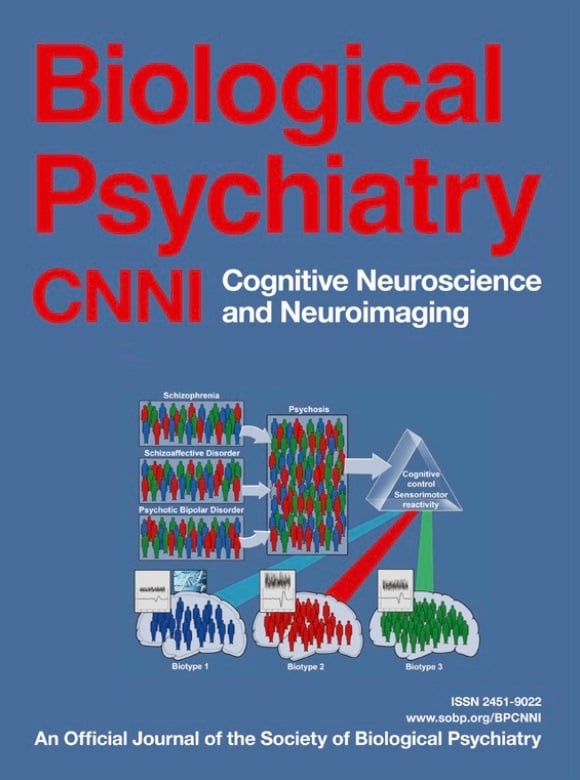- The Brain Blooms Newsletter
- Posts
- Amplifying Youths’ Voices
Amplifying Youths’ Voices
The importance of youth voices in research and treatment settings

Recent research reveals the importance of youth self-reports in trauma research and treatment
Childhood trauma is a risk factor for mental health conditions like posttraumatic stress disorder (PTSD), anxiety disorders, and depression across the lifespan.
When evaluating youth in research and clinical settings, caregivers will commonly be asked about youths’ exposure to potentially traumatic events and their symptoms. However, recent research from scientists at Wayne State University, including Dr. Ruvvy, reveals that what youth and their caregivers share may not always be aligned with one another.
Differing perceptions of experiences
Why might a caregiver and a child’s perception of youths’ exposure to potentially traumatic events and related symptoms be different from one another?
Caregivers may perceive stressful events that happen to their child as more impactful than the child themselves.
Especially for older teens, youth may experience events that they do not share with their caregivers.
When it comes to symptoms:
Caregivers may more readily observe what we call externalizing symptoms—like anger, aggression, hyperactivity, or risk-taking behaviors.
Internalizing symptoms—like depression, worry, and withdrawal—may be felt by the child internally but go unobserved by their caregiver.
Why does this matter?
Youth and their caregiver’s reports of youths’ trauma exposure and symptoms may represent separate, distinct phenomena that differentially affect how we identify and treat mental health conditions in youth.
Both perspectives are important for research and clinical care, and youths’ voices cannot be overlooked in neither research nor practice.
What can you do?
Build trusting communication with the youth in your life. Doing so can help youth feel empowered to share their experiences and ask for help when needed.
Tips for listening actively:
Get down to the same eye level as you talk to one another.
Use affirming gestures like smiles and nods to show that you are engaged.
Ask questions like ‘what’, ‘why’, and ‘how’.
Repeat back what they say to you using different words, to ensure that you are understanding the message.
Help them put words to how they are feeling, especially if younger children are expressing their feelings in a nonverbal way (like tantrums, laughing, crying, or jumping up and down).
Find more tips like these from UNICEF, to help you and the youth in your life stay resilience.
Join Our Team at the Ruvvy Resilience Lab!
We’re excited to announce that the Ruvvy Resilience Lab is growing, and we’re looking for passionate individuals to join us. Interested and qualified applicants can email our lab manager, Ujala Janjua, at [email protected] with a copy of their CV/resume and a cover letter stating their interest in the position.
See the attached files for details….
|
The Greenhouse of the Mind:
Resources to Help You Bloom
Free High Quality Childcare on WSU Campus!
Wayne States Early Childhood Centers have openings for 3-5 year olds for the 2025/ 2026 school year. Our centers offer a rich, high quality, NAEYC accredited preschool curriculum that provides many experiences that support social, emotional, linguistic, cognitive, and physical development in young children.
For more information contact: Sarah Pellegrino, Center Director Merrill Palmer Skillman Institute Early Childhood Center at [email protected] or 313-664-2533. OR Honilynn Hendricks, Center Director College of Education Early Childhood Center at [email protected] or 313-577-1686
Before you go . . .
Check out our latest YouTube video on the Ruvvy Resilience Lab Channel!
Help Support Science Content & Communication
Our team is so excited to get the word out to the people we serve and inform for FREE … and your support will allow us to put more resources and energy into doing precisely that.
Your donations help fund the creation of content that translates our research into practice.
Consider supporting our outreach efforts:



